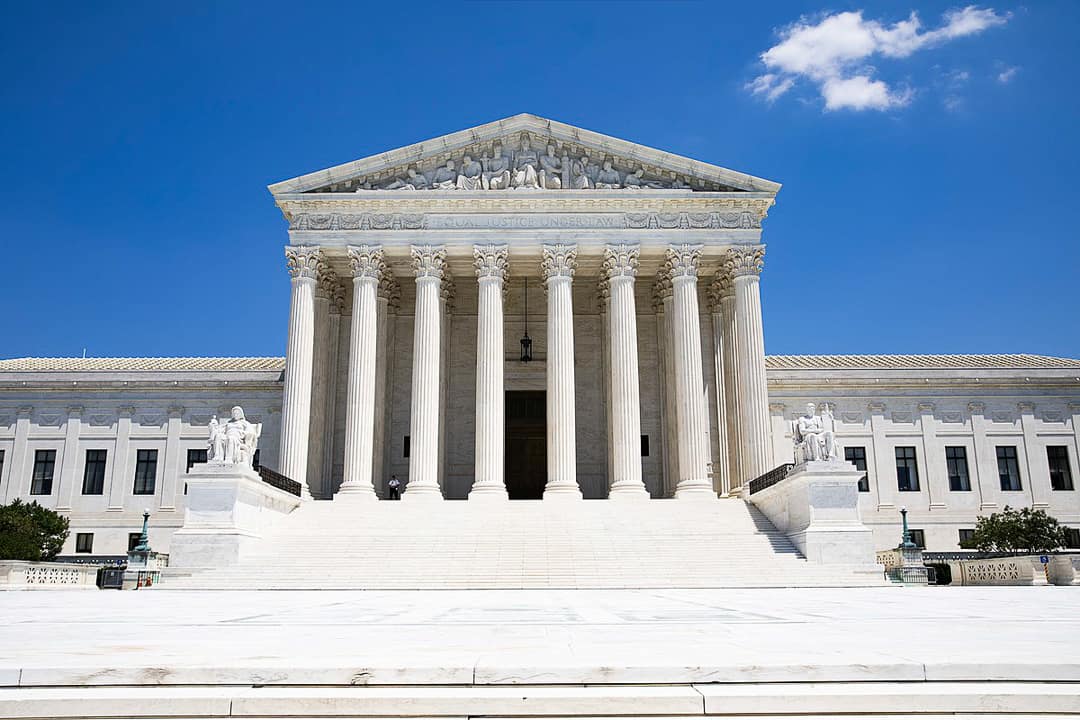Article III of the United States constitution establishes and defines the role of the Supreme Court as the highest court in the United States, with jurisdiction over all federal cases and most state cases.
Every year, the justices of the Supreme Court hear a wide variety of cases, including disputes between states, lower courts appeals, and civil rights violations. The binding decisions the Supreme Court makes are significant because they often have major ramifications for both the political and social atmosphere of the United States.
Last year, the Supreme Court heard Students for Fair Admissions v President and Fellows of Harvard College, a well known case that is challenging affirmative action policies throughout the United States. There were two central issues being addressed in this case: one, whether the Supreme Court should overrule Grutter v Bollinger and hold that institutions of higher education cannot use race as a factor in admissions; and two, whether Harvard College is violating section 2000d of the Civil Rights Act by purposefully rejecting Asian American applicants to achieve racial balancing within the university. A decision by the United States Supreme Court is expected for this case in just a few months.
In light of this, I believe that affirmative action in higher education is not a discriminatory policy, but rather an essential one that makes admissions to institutes of higher learning more equitable.
What is affirmative action and why is it significant?
According to the Stanford Encyclopedia of Philosophy, affirmative action involves taking steps to “increase the representation of women and minorities in areas of employment, education, and culture from which they have been historically excluded.” However, when those steps involve preferential selection on the basis of race, gender, or ethnicity, affirmative action generates intense controversy.
Nonetheless, many people across the US have expressed concern about the overturning of affirmative action policies. If affirmative action policies at postsecondary institutions were overturned, then we would expect a significant reduction in the number of Black students that are accepted to institutions of higher learning — such as medical and law schools just to name a few.
This would certainly be detrimental to not just Black communities but the United States as a whole. Affirmative action policies in colleges have been put in place to address the historical and ongoing discrimination that Black and other minority students face while promoting a diverse student body that is representative of the broader society.
Several studies have shown that a diverse student body has a positive impact on students’ personal and academic growth. Furthermore, receiving an education from postsecondary institutions often serves as a gateway for Black students to fight intergenerational trauma and poverty by achieving high-paying jobs and positions of power.
Simply put, by not implementing measures to ensure Black individuals have a place in higher education, the US could exacerbate existing racial disparities in wealth, income, and access to resources.
Addressing arguments against affirmative action
While some people argue that affirmative action is a type of reverse discrimination, this is simply not true. This stance results primarily from ignorance and apathy. Affirmative action policies are not designed to give some groups an unfair advantage, but rather give them an equal opportunity by leveling the playing field.
Racism has historically played and continues to play a significant role in American society. After all, it was only in 1964 that racial segregation was outlawed in the United States. Furthermore, despite common misconceptions, affirmative action policies do not necessarily lower admission standards or lead to unqualified individuals getting accepted.
Instead, affirmative action takes into account not only an applicant’s current achievements and capabilities, but also their merit and potential. For instance, an individual who has faced many obstacles in life may have had to work harder to achieve the same level of success as someone who has not had to face as many barriers.
Another factor to consider is that affirmative action policies are addressing past injustices. Prior to the twenty-first century, many institutions had laws limiting or even banning Black people from attending institutes of higher education. Therefore, affirmative action policies attempt to address institutional discrimination against Black communities by acknowledging past wrongdoings while also providing Black individuals with resources to help them succeed.
These policies do not just benefit Black individuals applying to postsecondary education but also allow for the growth of Black communities by breaking cycles of poverty and trauma. To that end, we need to encourage employers and universities to implement affirmative action policies to ensure everyone has the ability to pursue their goals and dreams.
Parsa Babaei Zadeh is a third-year student at University College studying biology, immunology and Indigenous studies.


